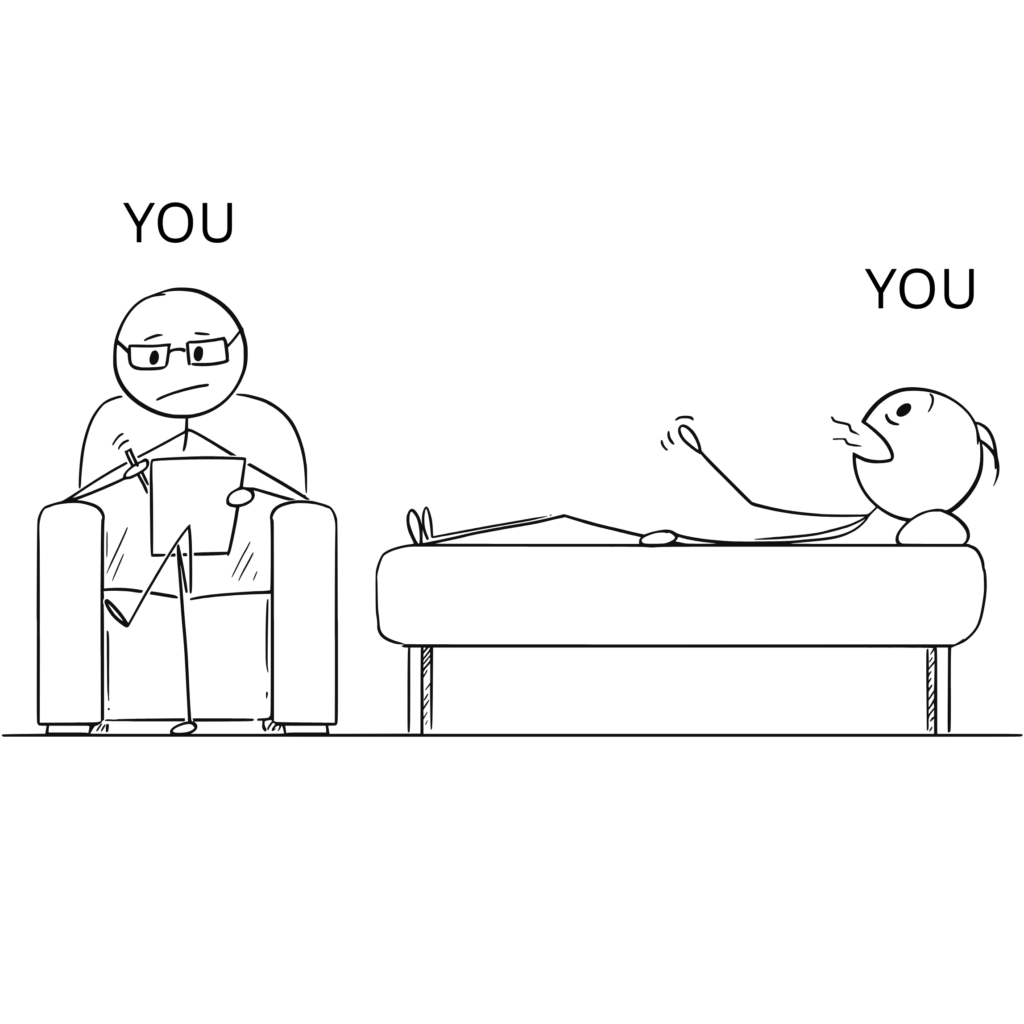Everyone tells you that teenage years are “the best years of your life.”
What they don’t tell you is that for many of us, teenage mental health struggles are where the real breakdowns begin — quietly, invisibly, and dangerously.
No one warned us.
No one prepared us.
And now, as adults, we carry wounds that started when we were barely old enough to understand them.
Why Teenage Mental Health Struggles Hit So Hard
At 13, you’re expected to act grown-up but still treated like a child.
At 16, you’re told to plan your future — but barely taught how to cope with heartbreak, identity crises, or failure.
At 18, you’re suddenly “an adult” with zero real-world survival skills for your own emotions.
It’s overwhelming.
It’s confusing.
And it’s deeply unfair.
This impossible pressure cooker environment leads to emotional chaos:
- Identity crises (Who am I, really?)
- Chronic anxiety (What if I fail?)
- Social comparison (Why is everyone better than me?)
- Unrealistic expectations (Why can’t I be perfect?)
When your brain is still developing but you’re thrown into emotional warfare, mental breakdowns become inevitable.

The Hidden Signs No One Took Seriously
Most teenage mental breakdowns don’t start with a dramatic moment.
They start subtly, almost invisibly:
- Exhaustion mistaken for laziness
- Social withdrawal misread as rudeness
- Irritability brushed off as “typical teenage moodiness”
- Overachieving seen as ambition, not desperation
Adults often missed the signs because they were too busy expecting us to “grow up.”
We weren’t growing — we were drowning.
The world didn’t teach us emotional resilience.
It taught us to smile, push harder, hide the cracks — until we shattered.
How Teenage Wounds Grow Into Adult Struggles
Those teenage years leave deep mental scars:
- People-pleasing: Seeking validation because teenage achievements were tied to worth.
- Perfectionism: Fear of failure rooted in early criticism.
- Chronic anxiety: Conditioned from teenage years of impossible deadlines and constant comparisons.
- Emotional repression: Suppressing feelings because vulnerability was seen as weakness.
You’re not “too sensitive.”
You were never taught how to safely process your emotions.
And now, as adults, we’re trying to heal childhood wounds with adult-sized responsibilities.
It’s exhausting.
And it’s not your fault.
Why No One Talks About Teenage Mental Health Seriously
The biggest lie society tells teenagers is:
“You’ll grow out of it.”
But we don’t grow out of unhealed trauma.
We grow around it — building coping mechanisms that eventually crumble under adult life pressures.
And social media? It’s only made things worse:
- Comparison culture: Seeing “perfect” lives 24/7.
- Toxic productivity: Hustle harder or you’re worthless.
- Fake positivity: If you’re sad, it’s your fault for not “manifesting happiness.”
We’re feeding teenagers dopamine, unrealistic dreams, and judgment — then shocked when they crack under pressure.

Healing Starts With Acknowledging the Teenage Pain
Healing doesn’t mean pretending your teenage years weren’t hard.
It means giving yourself permission to feel the anger, sadness, and grief you were never allowed to express.
Here’s how to start:
- Validate your younger self: You weren’t dramatic. You were in pain.
- Name the hurts: Journaling helps uncover the silent wounds you’ve been carrying.
- Reparent yourself: Give yourself the kindness, patience, and understanding you desperately needed.
- Lower expectations: Healing is messy. Growth is slow. That’s okay.
You don’t have to pretend anymore.
You’re allowed to admit it was too much.
You’re allowed to rest.
It’s Not Too Late To Heal
You are not broken.
You are bruised.
And bruises heal — if you let them.
Teenage mental health struggles were never your fault.
But healing from them?
That’s your freedom.
You don’t owe anyone a perfect comeback story.
You owe yourself peace.
In the next blog, we’ll explore how teenage social media addiction quietly rewired our brains for anxiety and attention problems — and what you can actually do about it.
📩 Subscribe to our blog mailing list to get the next part straight to your inbox.
💬 Comment below: What’s one teenage pressure you still carry with you today?
Let’s break the silence together!
